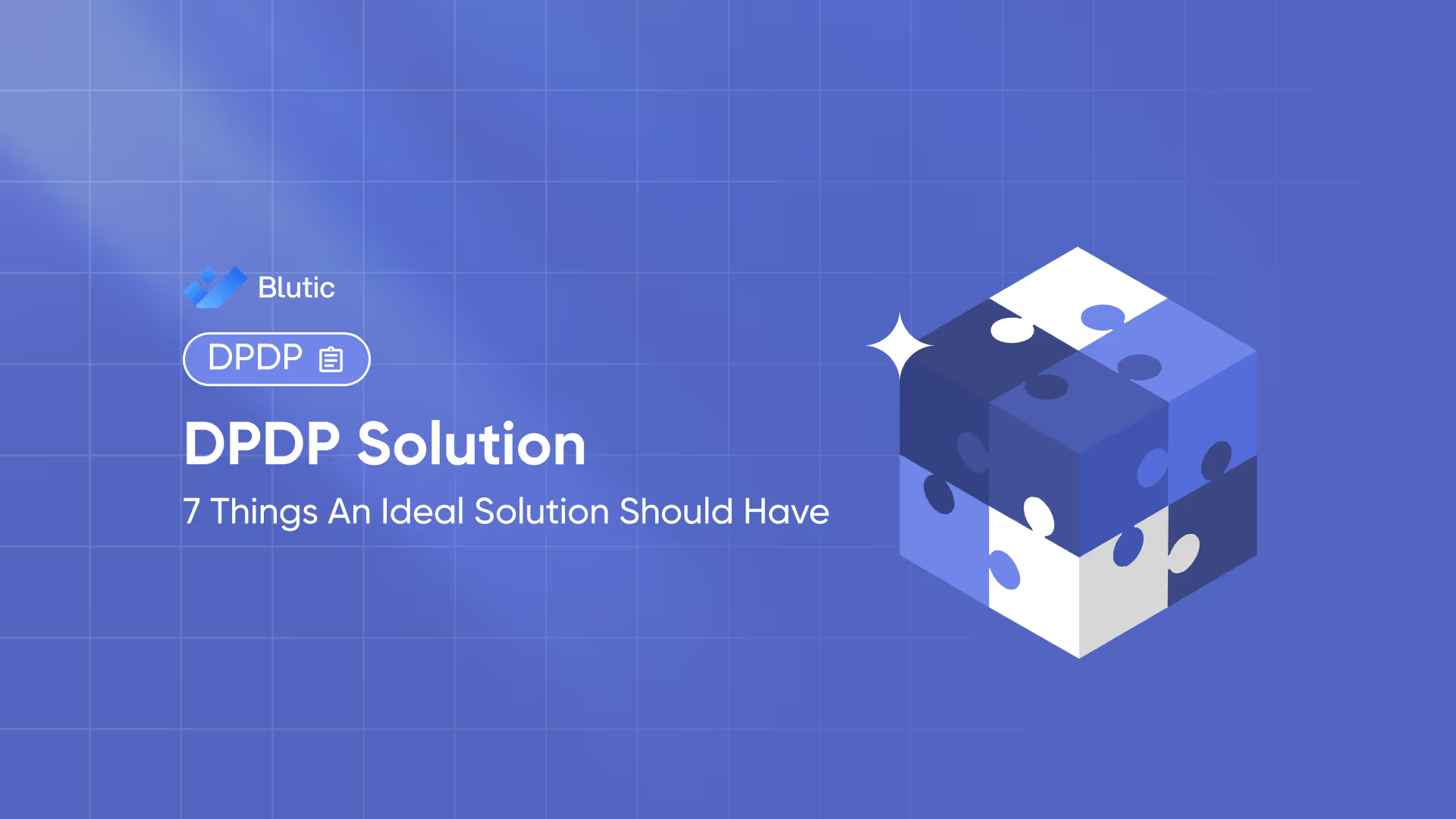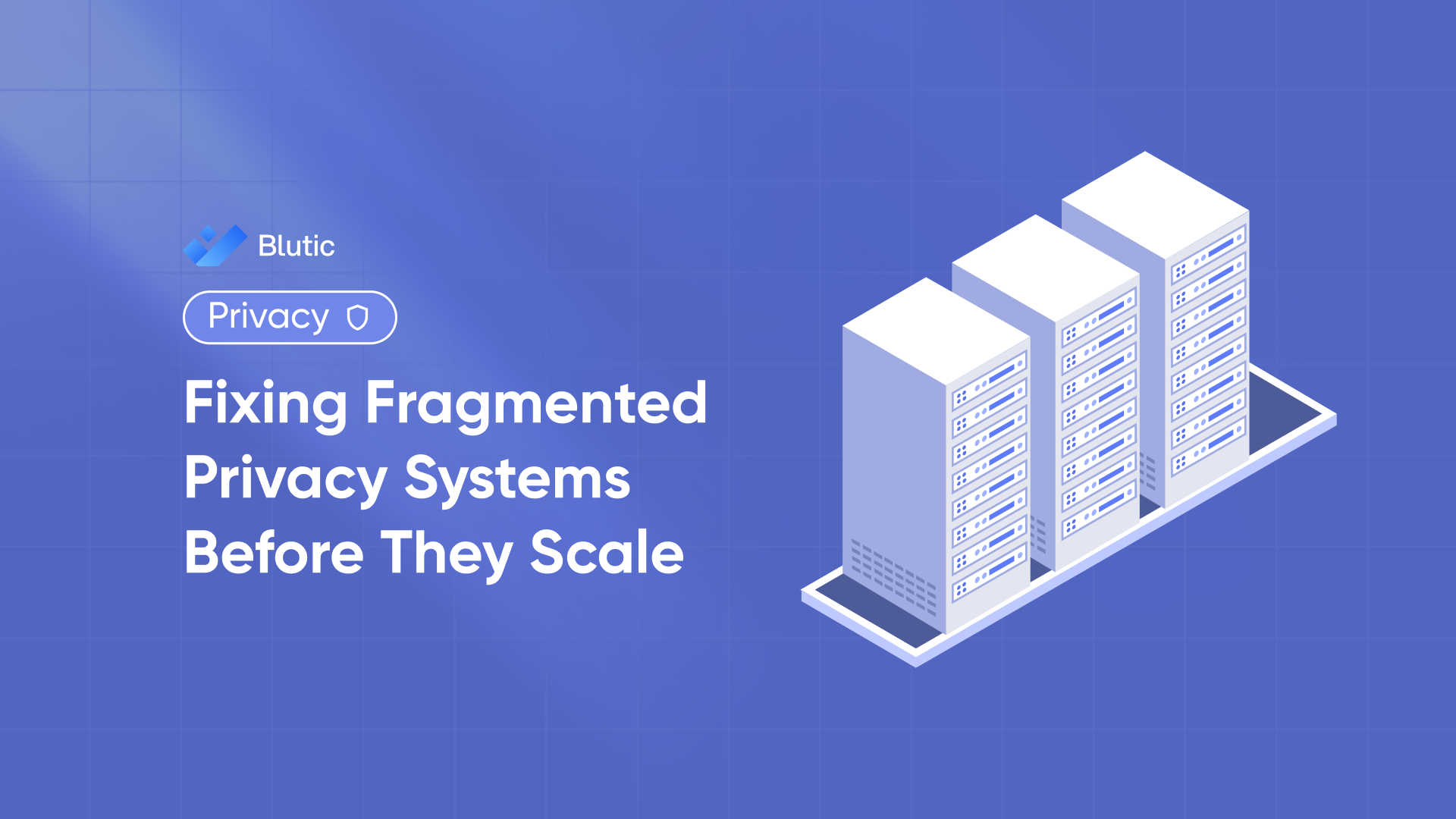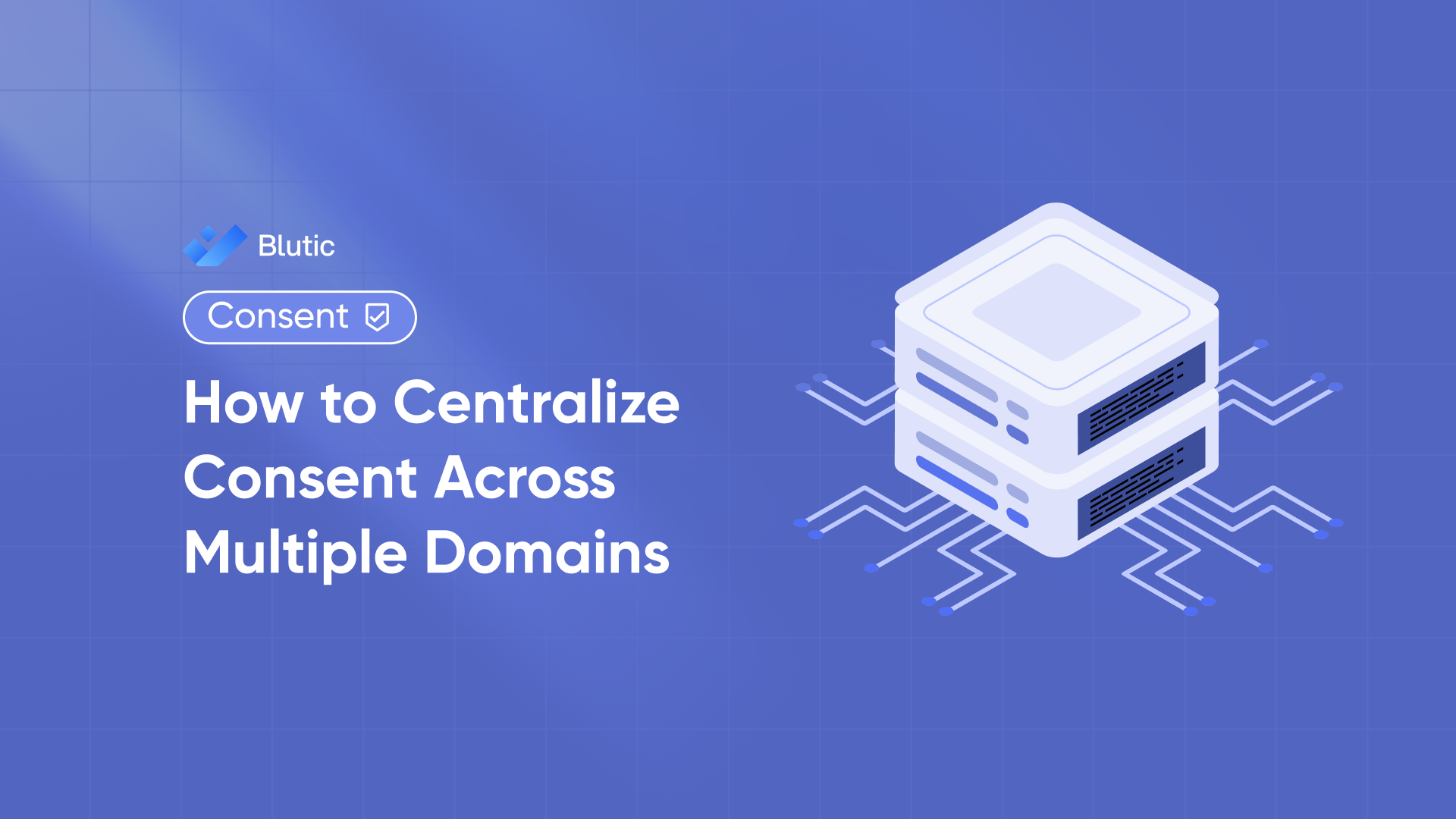DPDP Solution: 7 Must Have Features for Full Compliance and Seamless Experience

Why a Robust DPDP Solution Matters
With the Digital Personal Data Protection (DPDP) Act now in effect, Indian businesses are under pressure to manage user data transparently, lawfully, and securely. Simply collecting consent through a checkbox is no longer enough.
An ideal DPDP solution must do more than help you comply – it should streamline operations, empower users, and ensure your business remains audit-ready at all times.
Here are the 7 essential features every DPDP compliance platform should have.
1. End-to-End Consent Lifecycle Management
A solid DPDP solution should manage the entire consent journey:
- From collection to withdrawal
- Across multiple touchpoints (web, app, email, etc.)
- With granular control over each purpose
This includes support for multilingual banners, opt-in preferences, lawful-ground mapping, and real-time enforcement. Consent isn't static – and your solution shouldn't be either.
2. Real-Time Consent Logs & Audit Trails
Regulators can knock at any time. Your system should have:
- Immutable, timestamped logs
- Easy-to-export audit trails
- Proof of lawful processing (who gave consent, for what, and when)
Without this, you risk non-compliance even if your frontend seems fine.
3. Cookie Management Across Domains
If your business runs multiple websites or digital properties, your DPDP solution must offer:
- Cookie scanners to detect third-party trackers
- Automated consent banners
- Centralized control across domains and subdomains
This is especially important for digital marketing and analytics teams to avoid accidental data leakage or violations.
4. User-Centric Self-Service Portal
Empower your users to:
- View what data you've collected
- Modify or withdraw their consents
- Manage preferences across use cases
A self-service portal enhances transparency and trust, while reducing the load on your customer support or legal teams.
5. Seamless Integration with Existing Tech Stack
The right DPDP solution should plug into your current systems, not replace them.
- Easy API integrations
- SDKs for mobile/web
- Compatibility with CRMs, CDPs, and marketing tools
Think of it as an overlay, not an overhaul.
6. Real-Time Compliance Dashboard
You can't manage what you can't measure. The ideal platform should offer:
- A central compliance dashboard
- Consent trends and user behaviour insights
- Alerts for policy or law changes
This visibility is crucial for compliance, marketing, and product teams alike.
7. Flexible Deployment: Cloud or On-Premise
Your data strategy might require specific deployment models:
- Cloud-hosted for fast setup and scalability
- On-premise for full data control, often preferred in BFSI, health, and government sectors
The solution must adapt to your infrastructure, not force you into theirs.
Bonus: DPDP-Ready, Not Just GDPR-Inspired
While many global platforms offer GDPR-style tools, your solution must be explicitly built for DPDP Act compliance – including terminology like Data Principals, Consent Managers, and Legitimate Use.
Final Thoughts: Choosing the Right DPDP Compliance Platform
Don't just check a compliance box – aim for a solution that:
- Reduces legal risk
- Increases user trust
- Streamlines internal ops
- Supports growth
A good DPDP solution isn't a cost centre – it's a competitive advantage.
Frequently Asked Questions
A DPDP solution is a compliance platform that helps businesses manage user data and consents in line with India’s Digital Personal Data Protection Act.
Yes. Businesses must capture and store valid cookie consents before deploying non-essential cookies or trackers, especially across digital properties.
By maintaining verifiable, timestamped records of user consents, lawful grounds for data use, and withdrawal tracking all of which an ideal DPDP solution offers.




.svg)
